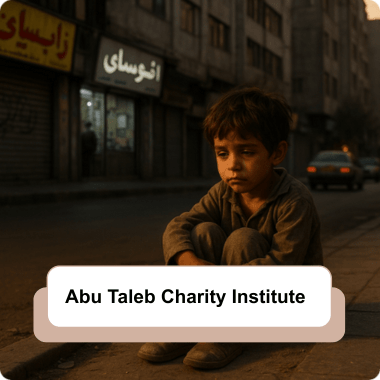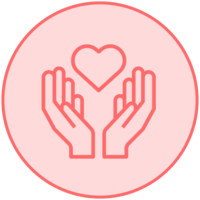No products in the cart.
Care centers for orphaned and working children
“Care centers for orphans and working children” are support institutions that often operate as daycare centers for children and provide services to children without guardians or in need of assistance under the supervision of the Welfare Organization. These centers aim to provide safe shelter and growth opportunities, providing services such as housing, health, education, and assistance. Charitable institutions and public assistance play an important role in running these centers, and the main goal is to improve the lives and provide a better future for these children. Supporting these children is possible through cash and non-cash donations.
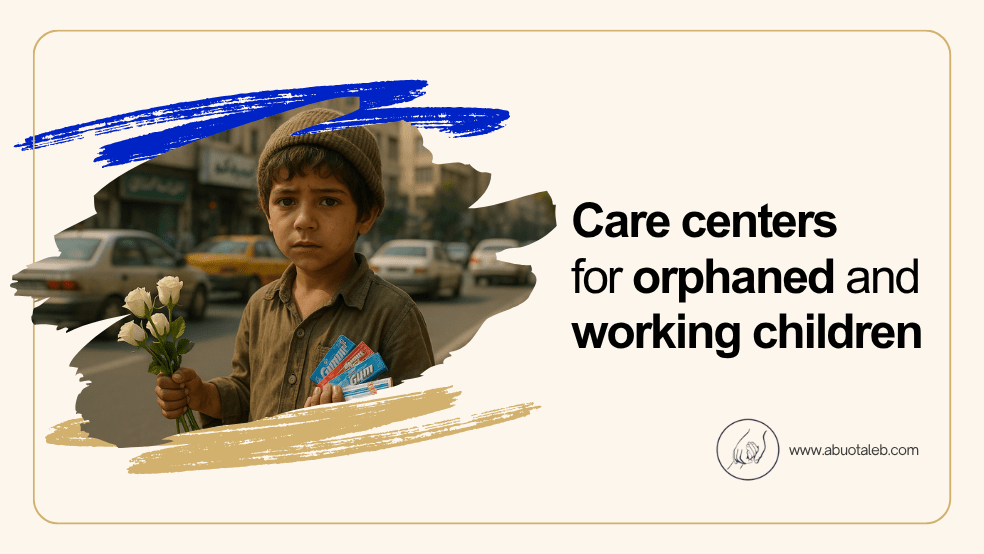
Our most important activities at the Abutaleb Charity Foundation

Educational support
Providing stationery, textbooks and holding training classes

Livelihood support
Distributing clothing and essential items to children and their families

Empowerment support
Holding skills training courses to create jobs in deprived areas
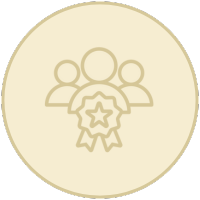
Cultural activities
Holding cultural events to grow and strengthen the spirit of solidarity
Support line
Join us with your heart and strength. An opportunity to make an impact, learn, and build a brighter future for children. Volunteering with our organization is an effective step on the path of charity and changing the lives of those who need our support.
What services do we provide?
Answers to your most frequently asked questions
Where are unaccompanied children kept?
Unaccompanied children are cared for in care centers for unaccompanied children, which are often supervised by the country’s welfare organization and operate around the clock.
What is the scope of activity of care centers for orphaned children and work?
The scope of activity of these centers includes providing care, support, and educational services to orphaned and working children, in order to meet their physical, mental, educational, and social needs.
What are the services of child care centers for working and unaccompanied children?
Educational services include providing educational facilities, remedial and extracurricular classes to improve children’s knowledge and skills. Support services include providing housing, food, clothing, health and medical services, psychological support and assistance to improve the quality of life of children.
Are childcare centers for working and unaccompanied children free?
Yes, the services provided in child care centers for working and unaccompanied children are usually free and are funded through government funding, public donations, and charities.
What is the difference between an unaccompanied child and a child laborer?
An unaccompanied child is a child who lacks a parent or effective guardian, while a child laborer is a child who is forced to work due to economic hardship, but may have a parent or guardian.
Sponsored child
1200
+
assistant
100
+
Sponsor
100
+
Table of contents
Abutaleb Child Care and Labor Center
Abutaleb Child Labor Center is an organization that aims to help children who are without parents or are forced to work due to financial difficulties. The center provides a safe haven for children who are without parents or who are burdened with heavy work. The Association for the Protection of Child Labor tries to revive their dreams by providing them with shelter, warm food, new clothes, medical care, and education to build a brighter tomorrow and help them live a better life.
One of the important values in the centers for the care of orphans and children, as well as the Abutaleb Charity Foundation, is that all human beings are valuable, and the services of the child care center are provided in such a way that the needs of each child are taken into account and there are equal opportunities for learning and development in order to build a brighter future for these children. Abutaleb Charity Foundation, with the cooperation and help of charitable people, tries to reduce the hardships of children’s lives and make them happy. These efforts give children a sense of value and hope for life.
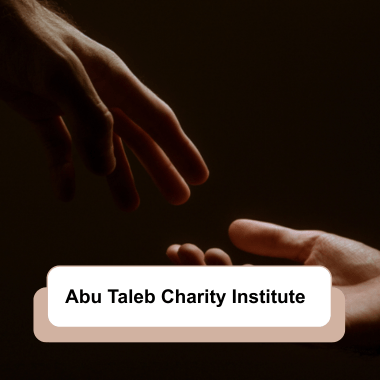
Abutaleb Child Care and Labor Center
These centers have a wide range of responsibilities to ensure that these children grow up in a safe, healthy and nurturing environment and are prepared for a better future. The following are a brief summary of the most important tasks of centers for the care of orphans and working children:
Acceptance of unaccompanied children
Childcare centers are responsible for accepting children who do not have effective guardians. The welfare organization usually introduces these children and, after necessary investigations, the acceptance process is carried out so that they can benefit from support services.
Educational and training services
Providing appropriate educational and learning facilities for children is one of the main tasks of care centers for unaccompanied children. This includes enrolling them in school and providing educational assistance; extracurricular classes are also held to enhance the children’s various skills.
Psychological support
Providing psychological support to vulnerable children is another important task of these centers. Psychologists help improve the children’s mental and emotional state by providing counseling and psychotherapy and providing a safe environment for them.
Rehabilitation programs
Designing and implementing rehabilitation programs to enhance children’s individual and social skills is one of the duties of centers for the care of unaccompanied children. The goal of these programs is to build self-confidence and prepare children for entering society and leading independent lives in the future.
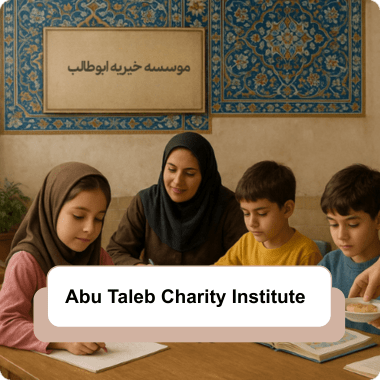
Steps to receive services from the center for caring for working and unaccompanied children
In general, the process of receiving services from a child care center includes identifying the child and entering the center’s support cycle, conducting initial assessments to determine needs, providing specialized services tailored to those needs, and finally planning for the child’s future after leaving the center. These steps are briefly listed below:
- Referral to the center on a self-referral basis, through referral from judicial, law enforcement, or other institutions, or by social emergency services.
- Initial admission to the center includes physical examinations, provision of health and medical services, bathing, changing clothes, and feeding.
- Initial interview with an expert and completion of the admission form.
- Referring the child to the center’s specialists for specialized evaluations.
- Receiving residential services (food, clothing, amenities) and specialized support, psychological, and health services.
- In the case of a short-term stay, decisions regarding discharge and referral to family, foster family, or other facilities.
- Follow-up of the child’s condition after discharge by a social worker if she returns to the family.

Organizations related to unaccompanied children and child laborers
Below, you will learn about governmental and non-governmental organizations that support orphans and child laborers in Iran:
National Welfare Organization
The State Welfare Organization is the main government institution in Iran responsible for providing support and rehabilitation services to vulnerable groups, including orphans and working children.
Imam Khomeini Relief Committee
The Imam Khomeini Relief Committee is also one of the largest support organizations in the country, providing financial, livelihood, and educational assistance to needy families and vulnerable individuals, including orphans and children.
Children's Rights Protection Association
This association is a non-governmental organization (NGO) that specializes in defending children’s rights.
Centers under the supervision of the judiciary
Centers operating under the supervision of the judiciary usually provide services to children who are at risk of serious harm or who require special protection for legal reasons.

Types of care centers for orphans and working children
Types of care centers for unaccompanied and working children are categorized according to the duration of service provision:
- Short-term care centers (temporary homes): These centers operate with the aim of providing immediate and specialized services for a limited period of time (up to 21 days). Their main focus is on initial assistance, medical examinations and trying to find a quick solution such as return to the family or referral.
- Medium-term care centers (temporary homes): These centers provide similar specialized services to short-term centers, but the length of stay is longer (up to a year). This time provides more time to assess the child’s situation more closely and try to find a more permanent solution.
- Long-term care centers (children and youth homes): These centers provide services on a permanent basis (up to the age of 18) for children who are unable to live with their families. The focus of these centers is on empowering children, meeting their living needs, and providing a family environment.
| Feature | Short-Term | Mid-Term | Long-Term |
| Duration | Up to 21 days | Up to 1 year | Up to 18 years |
| Main Objective | Immediate solution | Sustainable solution | Life provision |
How can we help the Association for the Protection of Working and Unaccompanied Children?
You can support the Association for the Protection of Working and Unaccompanied Children in various and effective ways to help improve the lives of these children.
- Financial donations to centers: By donating cash, you contribute to providing children with essential needs such as food and clothing.
- Volunteering: By donating your time and expertise, you can directly participate in children’s educational and nurturing programs.
- Educational support: By providing educational resources or paying for their education, you help them have a brighter future.
- Donating needed goods: Donating clothes, toys, and toiletries will meet the daily needs of children.
